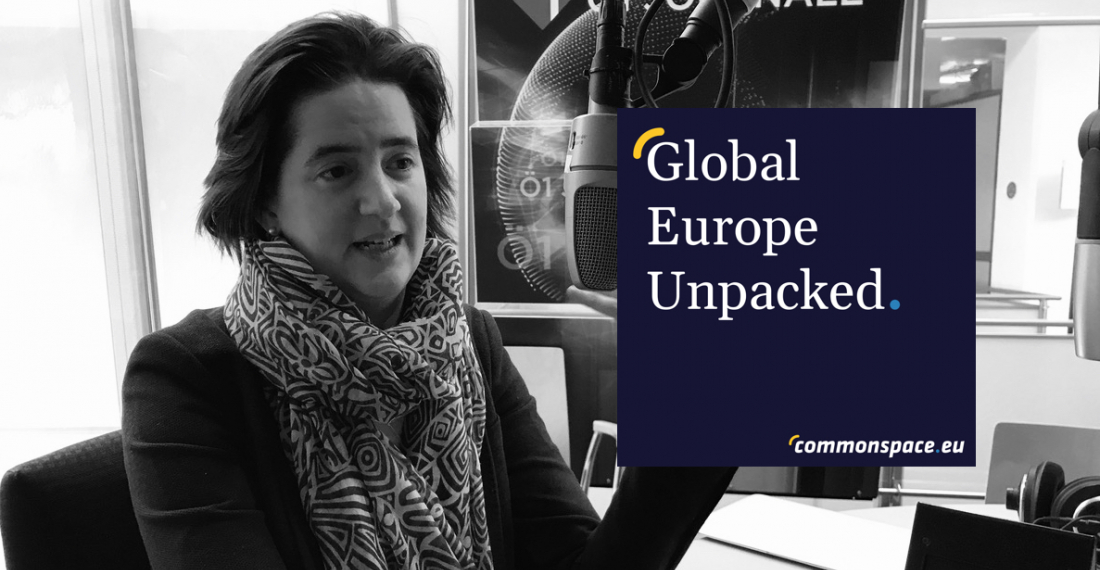"It's the only way you can negotiate and achieve a certain type of agreement even if it is very long and very painstaking at times. I think it's still the only way to do it."
[The podcast is also available on all of the usual channels, including Apple Podcasts, Spotify and Google Podcasts]
The new buzz word in international diplomacy is multilateralism, or to put it simply, countries working together towards a common goal. This is a concept nowhere embraced so firmly as in the Brussels corridors of power, where EU leaders speak of it with the fervour of a religious belief.
But does multilateralism really work? Or does the old diplomatic maxim that “countries do not have friends, just interests” reflect more the reality of how international relations are conducted.
In many ways the European Union sees itself as a model of multilateral co-operation: 27 member states pooling their resources, and to some extent their sovereignty, to achieve common goals. It also sees itself as the standard bearer of multilateralism in the world – exerting influence through building common platforms based on its values. In recent weeks EU leaders from Ursula von der Leyen to Charles Michel in the European institutions, to Angela Merkel and Emmanuel Macron from among the member states, have hammered in the need for multilateralism to tackle the big challenges facing the world: from climate change to COVID-19, from refugee crises to resource shortages. Multilateralism not only requires countries to work together: it also requires them to develop rules of how to do so and then to respect those rules.
For a while, under Donald Trump it appeared that the United States had ditched multilateralism, opting instead for an America first approach. President Joe Biden has in his first days in office already gone a long way to reverse this. But is the transatlantic relationship enough for multilateralism to be the norm in the way international relations are conducted. How about Russia and China, who also pay lip service to multilateralism, but who quickly explain that they understand that to mean a multipolar world, where of course they see themselves as one of the poles? And how about everyone else?
In this episode of Global Europe Unpacked, I speak to Stephanie Liechtenstein, the Web Editor-in-Chief of the Security and Human Rights Monitor, about, amongst other things:
- whether multilateralism is in crisis and what this means;
- what climate change and COVID-19 mean for multilateral diplomacy;
- whether multilateralism is being misconstrued by certain actors, such as China, and what can be done about it;
- what can be done when countries don’t follow the rules they have committed to;
- the biggest challenges for the 2021 Swedish Chairpersonship of the OSCE; and
- what the EU can do to strengthen multilateral diplomacy.
It will also be broadcast on Radio GIPA FM 94.3 in Tbilisi, Georgia, on Thursday 18 February at 16:00 local time (13:00CET).






